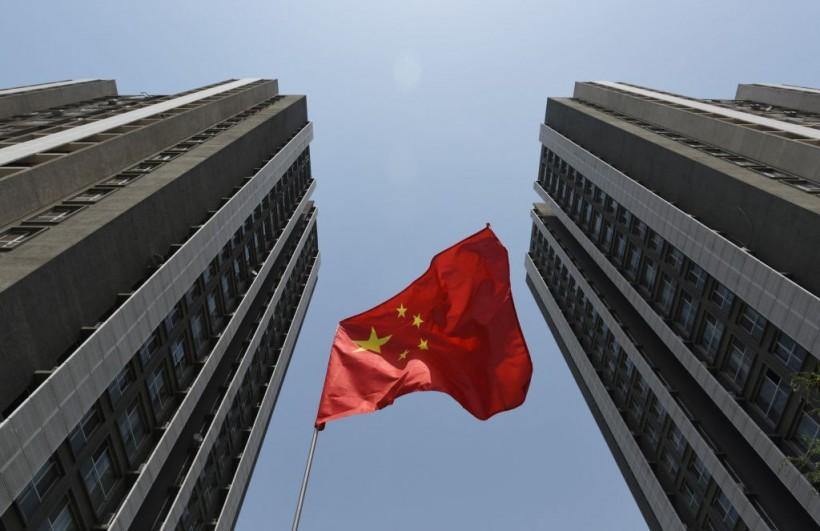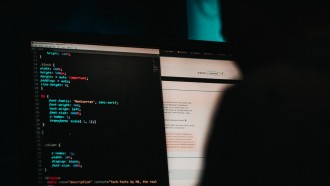In a move to position itself at the forefront of the global artificial intelligence (AI) landscape, China's Ministry of Industry has released draft guidelines for standardizing the AI industry (via Reuters).
The ambitious plan, announced in a statement on the ministry's website, outlines a road map for establishing over 50 national and industry-wide AI standards by 2026.
At the same time, China intends to actively contribute to the development of more than 20 international AI standards over the next few years.

China and the Global AI Race
This announcement comes amid China's intensified efforts to catch up with the United States in AI development. The race gained momentum with the groundbreaking release of OpenAI's ChatGPT in late 2022, prompting China to enact comprehensive regulations, including a licensing regime for AI products similar to ChatGPT within its borders.
The recently released guidelines express a strategic focus on "seizing the early opportunities from the development of the AI industry." The Ministry of Industry emphasizes the importance of setting standards, with 60% of the proposed standards aimed at "general key technologies and application development projects."
Furthermore, the plan seeks to gain support from over 1,000 businesses for adopting and advocating for these standards.
Read Also: OpenAI CEO Sam Altman Expresses Concerns About Rapid AI Revolution
Whats Expert Think
Experts comment on China's broader regulatory landscape, drawing comparisons to the European Union's comprehensive AI Act. A critical focus for 2024 is the expected introduction of a comprehensive "AI Law" in China (via MIT Technology Review).
Analysts believe that, unlike previous regulations that targeted specific AI subsets, this comprehensive law will cover all of AI, posing challenges in definition and application.
Graham Webster, a research scholar at Stanford University's Center for International Security and Cooperation, predicts that while a draft of the AI Law may be released in 2024, its finalization and effectiveness are uncertain.
According to Jeremy Daum, a researcher at the Paul Tsai China Center, the complexities of defining what constitutes AI call into question the feasibility of a single, comprehensive law.
The Chinese Academy of Social Sciences has played a critical role in shaping the future of AI law, drafting an advisory version for 2023. The document includes a "negative list," which advises AI companies on areas and existing products that require explicit government approval.
Looking ahead, regulatory trends suggest a potential shift towards third-party evaluation of AI models. Jeffrey Ding, an assistant professor of political science at George Washington University, highlights the need for a national platform to test and verify model safety and security. The support for third-party assessment organizations could herald a new era in enforcing AI regulations.
Addressing the copyright challenges posed by generative AI, Angela Zhang, a law professor at the University of Hong Kong, anticipates leniency from the Chinese government. Given the national agenda to encourage AI sector growth, administrative agencies are unlikely to adopt an aggressive stance in investigating AI-related infringements. Zhang expects policy guidelines and court decisions to provide clarity on intellectual property issues.
Stay posted here at Tech Times.
Related Article: Researchers Unveil AI Handwriting Mimicry Advancement for Assistive Technology






